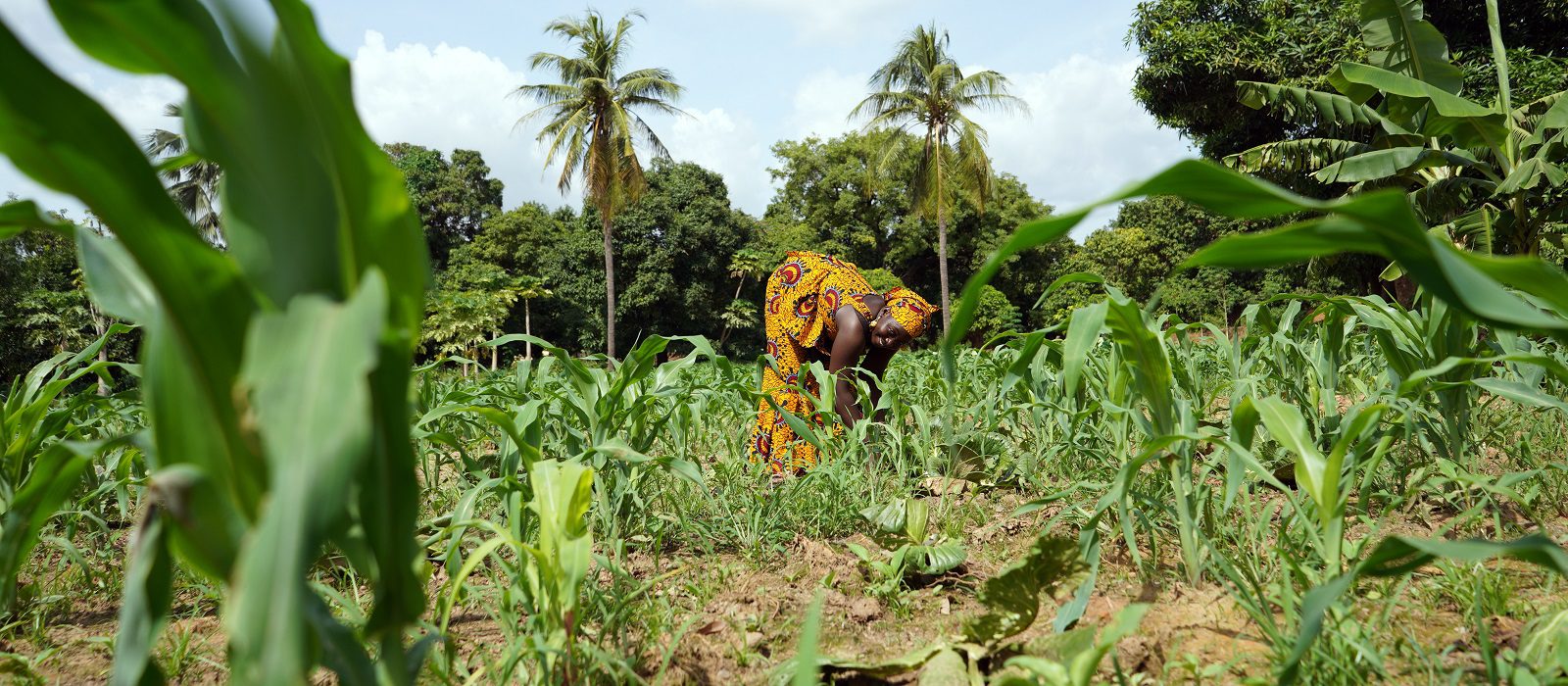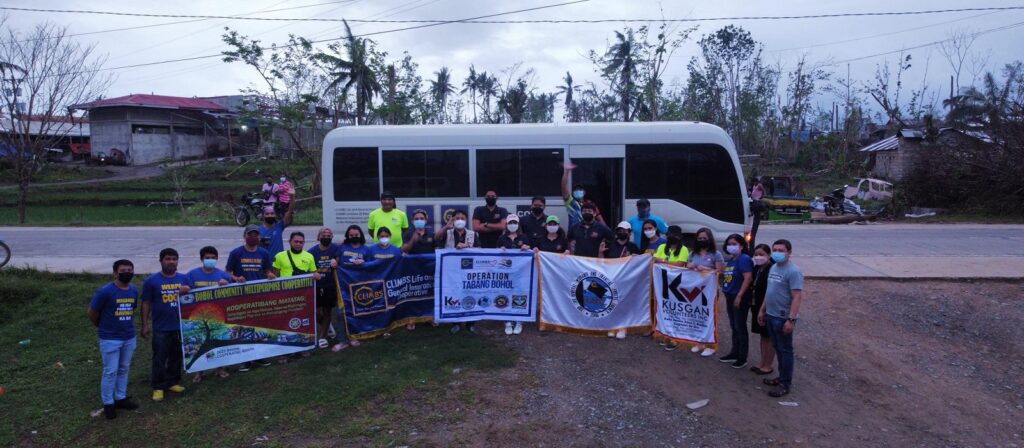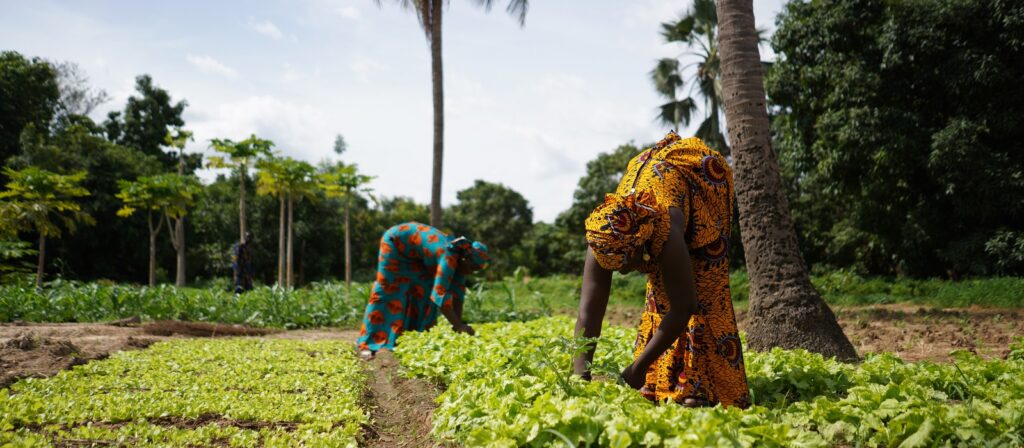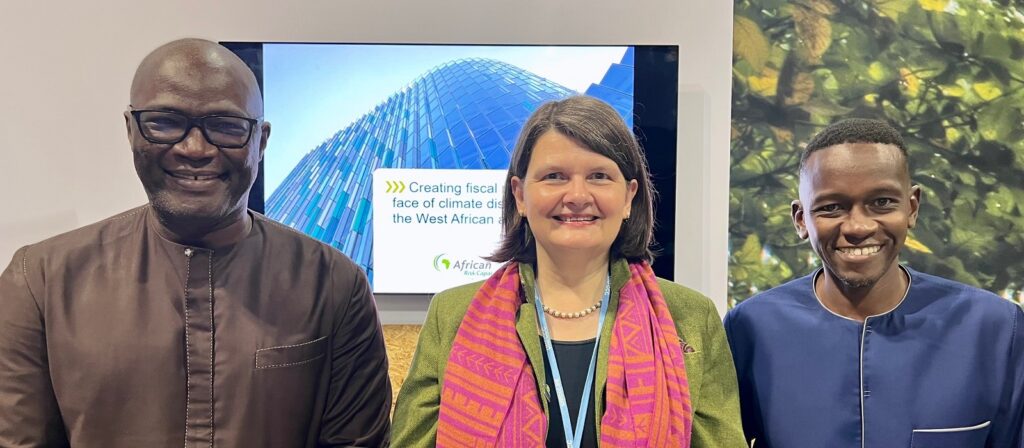A global network of humanitarian agencies has today announced the purchase of an innovative insurance policy in partnership with ICMIF member African Risk Capacity (ARC) and the Government of Zimbabwe. The policy is to protect more than 800,000 people in Zimbabwe from drought risk during the 2021/2022 agricultural season.
The USD 2.5 million policy purchased by Start Network and provided by African Risk Capacity, is built on parametric insurance. This means it pays out before a crisis, according to pre-agreed scientific triggers, based for example on rainfall data. Unlike the standard humanitarian model, in which aid agencies receive funding only after a crisis has hit, the approach enables governments and their partners to plan for and respond before the worst effects of a drought are felt, thereby saving more lives and livelihoods.
Start Network members involved in this initiative in Zimbabwe and the potential implementing partners (in the event a pay-out is made) are; Action Aid Zimbabwe, Action Contre La Faim/Action Against Hunger, CAFOD, Catholic Relief Services, GOAL, Plan International, Tearfund, Trocaire and World Vision Zimbabwe (WVZ). Local non-governmental organisations are participating in the planning and will also lead on the response to continue enhancing locally led humanitarian action. These include Zimbabwe Project Trust (ZIMPRO), Evangelical Fellowship of Zimbabwe (EFZ), Family AIDS Counselling Trust (FACT) Zimbabwe, Nutrition Action Zimbabwe (NAZ), Simukai Children Protection and Caritas Bulawayo/Gokwe/Hwange/Masvingo/Mutare.
All planning will happen alongside the Government of Zimbabwe and the United Nations World Food Programme (UN-WFP), which also signed a policy with African Risk Capacity. If the policies pay out, the Government of Zimbabwe, Start Network members, and other development partners and non-governmental organisations will deliver complementary programmes of support to ensure the widest number of the most at-risk are supported.
Speaking on behalf of the African Risk Capacity Group, Ibrahima Cheikh Diong, Director-General/UN-ASG praised the strong alignment among the partners that made the initiative possible. He said, “The human impacts of natural disasters can only be meaningfully mitigated through smart partnerships harnessing the resources of multiple actors for holistic solutions. We salute the strong leadership of the Government of Zimbabwe in the continued show of confidence in the ARC mechanism. Parametric insurance, such as provided by ARC Limited, remains one of the best risk transfer tools because it ensures a quick mobilisation of relief efforts upon the trigger of a disaster event. We are very optimistic that the rest of the continent will embrace the culture of preparedness and early action as we march in solidarity towards a climate resilient Africa.”
The Honourable Minister of Finance and Economic Development, Professor Mthuli Ncube, welcomed the support from Start Network. He highlighted how the Government of Zimbabwe continues to promote a shift from reactive response to a proactive approach to managing disaster risks such as drought. Hon M. Ncube said, “Parametric insurance delivers timely financial relief before natural disasters strike. After receiving complementary support from UN-WFP as a replica partner in Pools VI and VII, the partnership with Start Network will make Zimbabwe the first ARC Member Country to have two Replica partners for the current Pool VIII. This demonstrates the trust our partners have in Zimbabwe’s disaster risk management approach with the ARC Group.”
Start Network’s Disaster Risk Finance Coordinator for Zimbabwe/Start Fund Regional Advisor-East and Southern Africa, Nelly Maonde, commenting on the initiative said, “It is time more support goes towards proactive and not only reactive models of humanitarian action. We have seen great success following two years of running a similar programme in Senegal and we anticipate the same success for Zimbabwe. For too long we have seen the consequences of waiting for the risk to turn into a crisis first before we act – this only leads to suffering. By proactively managing disaster risks, more lives can be saved, more livelihood assets can be protected, vulnerable groups can be spared from resorting to negative coping strategies undermining their future potential and resilience.”
A similar policy was purchased in Senegal for the 2019/2020 growing season and a USD 10.6 million pay-out meant that more than 300,000 people were supported. Start Network says the new policy signing in Zimbabwe is part of its aim to revolutionise the aid sector by catalysing new ways of preparing for crises and thereby helping to create more resilient communities.
This initiative is funded by Kreditanstalt für Wiederaufbau (KfW) Development Bank on behalf of the German Ministry for Economic Cooperation (BMZ) and the UK’s Foreign, Commonwealth & Development Office (FCDO).
Start Network is comprised of approximately 55 members globally with 20 operating in Zimbabwe.






